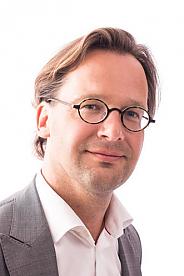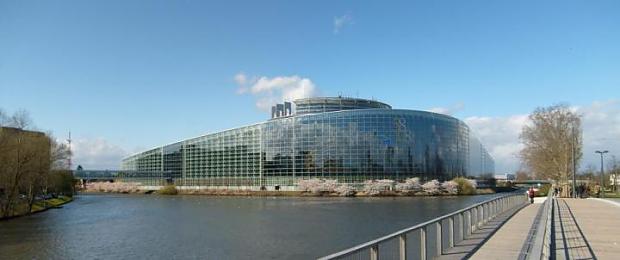Latest news
-
Dutch parliament must keep control of arms exports
29 February 2024
-
Stop the war
24 February 2024
-
SP success: The Netherlands must work to appeal to frozen Russian billions
15 February 2024
-
We need a ceasefire now!
14 November 2023
-
SP proposes law for substantial increase in minimum wage
4 November 2023
-
Parliament backs SP: Netherlands must work towards global billionaire tax
27 October 2023
-
Stop the violence and recognize a Palestinian state
23 October 2023
-
Majority of House supports SP motion to lift blockade on Gaza
17 October 2023
-
Two-thirds majority supports binding corrective referendum
10 October 2023
-
Three questions for Jasper van Dijk about Palestine and Israel
9 October 2023
-
SP Success: Wealthy municipalities must also shelter refugees
3 October 2023
-
SP launches Manifesto: United against disparity
23 September 2023
-
SP Conference – Marijnissen calls on the parties to unite and stop the division
23 September 2023
-
Success: No price hikes at the pump and in public transport
21 September 2023
-
Public responds via the Health Care Hotline: we want investments, not budget cuts!
19 September 2023
-
The Cabinet is allowing poverty to increase – unacceptable!
19 September 2023
-
“Prinsjesdag” Protest
17 September 2023
-
Start of parliamentary inquiry into benefits scandal
7 September 2023
-
Now for the people: Draft election programme presented
1 September 2023
-
We must prevent another Hiroshima
7 August 2023
-
Lilian Marijnissen elected SP leading candidate
1 August 2023
-
Senate follows SP: cut child poverty in half
12 July 2023
-
The government has fallen. We stand up for the Netherlands
8 July 2023
-
Statement of solidarity: The voice of the Iraqi student union will not be silenced
6 July 2023
Copyrights: Creative Commons bnd (tenzij anders vermeld)

 who has sold her soul to have her own ministry? Or one of Prime Minister Mark Rutte's hench(wo)men, who wants to deprive citizens of a democratic right, without people being given any chance to have a say in the decision? In 1848, the first liberal premier Johan Rudolf Thorbecke introduced direct elections, while under a later liberal premier, Pieter Cort van der Linden, in 1917, we saw the introduction of universal manhood suffrage. Today, however, liberal Prime Minister Mark Rutte wants to abolish a democratic right, by putting an end to referenda. Rutte is not prepared to defend the measure himself in Parliament; the job will be left to his right-hand woman, Kajsa Ollongren. This is a dark day for democracy, a day on which citizens will be deprived of a democratic right. And why? What have people done wrong? We said 'no', in a referendum on the European Union-Ukraine Association Agreement. Just once, we said 'no' to our own government; against the interests of the multinationals and of the Europhiles in Brussels. Just once, we said ‘no’ on behalf of our own democracy, so we must now be punished. That's why an end must apparently be put to the referendum as quickly as possible.
who has sold her soul to have her own ministry? Or one of Prime Minister Mark Rutte's hench(wo)men, who wants to deprive citizens of a democratic right, without people being given any chance to have a say in the decision? In 1848, the first liberal premier Johan Rudolf Thorbecke introduced direct elections, while under a later liberal premier, Pieter Cort van der Linden, in 1917, we saw the introduction of universal manhood suffrage. Today, however, liberal Prime Minister Mark Rutte wants to abolish a democratic right, by putting an end to referenda. Rutte is not prepared to defend the measure himself in Parliament; the job will be left to his right-hand woman, Kajsa Ollongren. This is a dark day for democracy, a day on which citizens will be deprived of a democratic right. And why? What have people done wrong? We said 'no', in a referendum on the European Union-Ukraine Association Agreement. Just once, we said 'no' to our own government; against the interests of the multinationals and of the Europhiles in Brussels. Just once, we said ‘no’ on behalf of our own democracy, so we must now be punished. That's why an end must apparently be put to the referendum as quickly as possible.